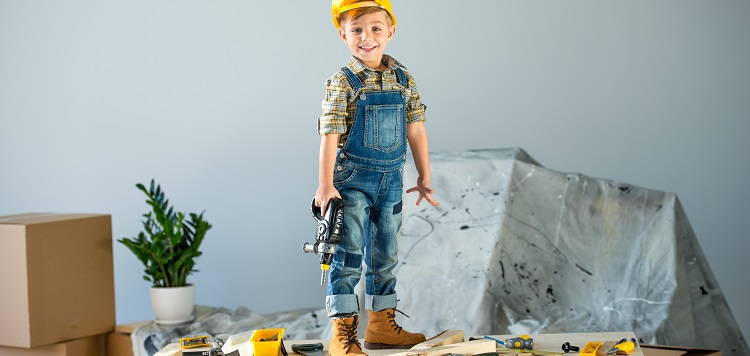The Iowa Senate has passed a controversial bill, SF 542, that would allow children to work longer hours and in jobs that are currently prohibited, such as serving alcohol. The bill has sparked a heated debate between those who support the move, saying it will modernize Iowa’s laws and teach children valuable skills through workforce training programs, and those who oppose it, arguing that it increases the risk of workplace accidents and exposes inexperienced kids to more dangerous work environments.
Supporters’ viewpoints
Supporters of the bill insist that it is necessary to update Iowa’s child labor laws, which they say are outdated and overly restrictive. They argue that lifting some of these restrictions will provide children with opportunities to learn new skills and gain valuable work experience. Workforce training programs, they say, will provide a safe and structured environment for children to learn the skills needed for many jobs. Furthermore, such jobs can lead to lucrative careers in the hospitality industry, such as serving alcohol.
Proponents of the measure argue that loosening restrictions on child labor laws will stimulate the economy, allowing more kids to get jobs and thus boosting household income. They also assert that more liberal labor laws for children have been shown to foster a stronger work ethic, better time management skills, and increased self-esteem.
Opponents’ viewpoints
However, opponents of the bill counter that it would be a bad idea to put children in jobs that expose them to significant risks. They argue that children’s bodies and minds are not yet fully developed, making them more prone to accidents and injuries. Opponents also argue that young people are not yet equipped with the necessary knowledge, judgment, or physical ability to handle some of the more dangerous jobs that the bill would make accessible. They claim the bill would encourage employers to exploit child labor for their own interests.
Opponents of the bill contend that children’s early years are critical for their development and education. They argue that allowing children to work long hours on a job may interfere with their schooling, and cause them to drop out of school altogether. Opponents contend that the bill will do more harm than good in the long run, placing too much burden on the children and sweeping potential risks under the carpet.
The Fair Labor Standards Act (FLSA)
The Fair Labor Standards Act (FLSA), passed in 1938 by the United States Department of Labor to regulate employers’ treatment of employees involved in interstate commerce, also addresses child labor laws. According to the FLSA, a minimum age of 14 is required for employment, and minors under 16 years old have their working hours limited to ensure that their progress in education is not affected by their job. The act also mandates that children under 18 cannot work in any occupation that the Secretary of Labor has deemed hazardous, such as mining or operating heavy machinery.
Violations of child labor laws
The US Department of Labor (DOL) has criticized bills like SF 542, calling it “irresponsible for states to consider loosening child labor protections.” The DOL’s recent report reveals that minor employment violations have been on the rise in the country. In fiscal year 2022, the number of minors employed in violation of these laws increased by 37% compared to the previous year. This underscores the concerns of opponents that such changes to child labor laws could put more children at risk of exploitation and injury.
The importance of compliance
As the debate continues, businesses must maintain compliance with labor laws and protect minors from workplace dangers. It is essential to remember that minors are emotionally, physically, and developmentally immature and require more safeguards. It is up to employers and the government to guarantee that children and young workers are working in safe conditions and not in any hazardous jobs.
The proposed changes to child labor laws raise important questions about the balance between ensuring the well-being of young workers and allowing them to gain valuable experience in the workforce. For advocates, modernizing child labor laws may provide opportunities for children that they believe are otherwise too restrictive. For opponents, the safety and education of children should be the priority. It is up to policymakers to determine the best course of action for ensuring that children are safe and receiving an education. It is crucial to take proactive measures to prevent child labor violations and ensure that businesses comply with child labor laws. This debate will undoubtedly continue as legislators ponder the merits of the proposed changes to Iowa’s child labor laws.

